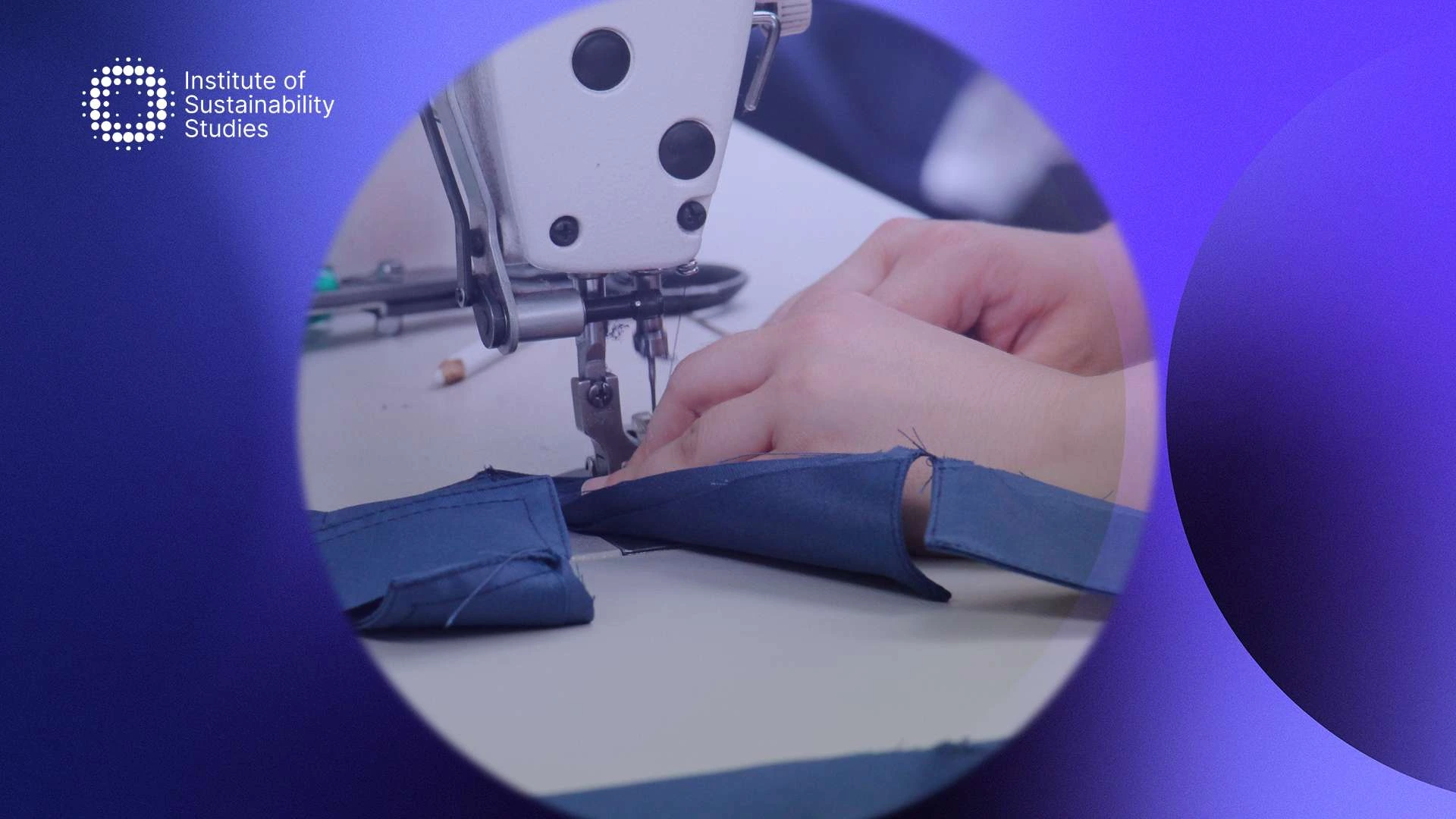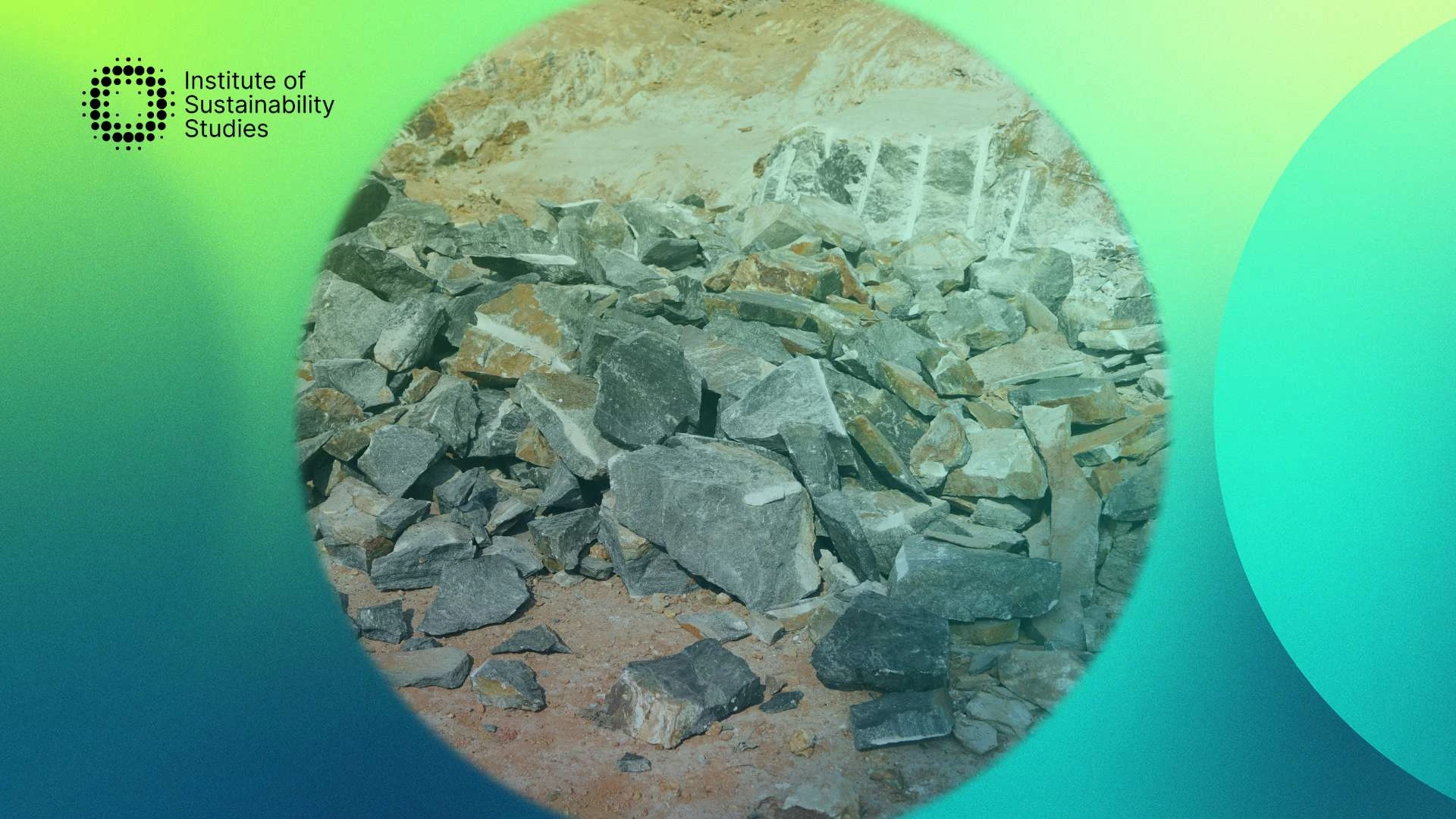The Brighton business with timeless designs, handcrafted to last lifetimes
Spark & Bell began with a healthy brass obsession and a starter home that Emer Gillespie, Founder and Director, wanted to make her own. Emer quickly realised that while there were more choices in the market in 2015 than ever before, the lamps and lights on offer were often too generic or completely out of budget.
This is what inspired her to make her own custom lights and offer them at a reasonable price. With some fantastic feedback from friends and encouragement from the thriving community in Brighton, the B-Corp-certified business Spark & Bell was born. The business was built on the belief that lighting should be a more personalised product.
Emer explains: “Our customers choose exactly how they want the design to turn out. They are essentially designing their own customised light and making a connection with it. Since customers are spending more time designing their lights and creating that connection, they hold on to the products, and we have very low return rates.”
She adds: “We don’t hold any finished stock, so our workshop is full of thousands of different parts in various finishes and colours, ready to make every item to order. We work sustainably in terms of how we source our materials; 85 percent of our materials are within a 200-mile radius.”
Materials include brass, cork, jesmonite, locally sourced wood, and recycled plastic. Working with local artists, designers, and manufacturers is critical to the business as an effort to curb its supply chain footprint. Emer shares that they keep their styles ingrained in these designs and leave their name on them so that the craftsperson is also promoted.
Structuring a business on the principles of sustainability
Emer has structured the business on the principles of sustainability and circular design. Every decision they make, from the material choices to construction methods, takes the life of the product and its end of life into consideration to reduce waste and minimise its impact on the environment.
Given that the business is structured on the principles of circular design, the issue of waste is an important one that Spark & Bell is trying to address. Emer explains: “We are very conscious of our waste and actively look for ways to reduce it. Right now, we’re looking at how to reduce or reuse the soft plastic waste a lot of our metal arrives in.”
She continues: “We’re particularly proud of our Marbled Recycled Plastic. These recycled plastics are produced by our own team using our suppliers’ plastic waste streams, as well as the waste streams of nearby local businesses. This turns waste plastics into long-lasting, beautiful, and circular materials.”
Spark & Bell products are handmade to last a lifetime, which is why they come with a 10-year guarantee. They are also driving circularity by offering a free repair service to ensure the long life and sustainability of every light they produce. However, if a light is not covered in the brand’s 10-year guarantee, their skilled team are ready to repair it to ensure a longer life.
Through its environmental management system, Spark & Bell is continually reducing its use of natural resources while optimising recycled materials, avoiding waste generation, and increasing recycling. With this in mind, they encourage customers who have Spark & Bell lights that have reached the end of their life to return the materials so they can reintroduce them to the original manufacturing cycle.
Lessons learned along the way
Speaking on challenges or lessons learned along the way, Emer shares that they are currently building out their trade programme and within this, it is important to recognise when a brand may not be a right fit. She says: “We’ve had opportunities to grow and work with larger platforms, but they didn’t always fit our ethos. For example, we worked with H&M Home for a year, and the return rate was much higher from this customer base who are more used to fast commerce, so the partnership wasn’t a match in the end.”
Spark & Bell has also been putting a lot of energy into its recycling workshop, in the hopes that the investment will be profitable in the future. The company has also been working on repositioning the brand around its sustainability credentials and marketing to new audiences. Emer says: “We are becoming a known brand for sustainably made lights, and it’s a new challenge to position the brand for people who care about sustainability as well as design. You have to price yourself accordingly due to all the effort that goes in.”
“There’s a leap of faith that you have to make as a business to actually position your products to people who are willing to pay that little bit more. There’s a price sensitivity while maintaining your core values. In terms of marketing, we’re lucky we have a lot of backup to any claims we are making. However, the sustainability aspect isn’t always the approach we go with. We’re focused on how beautiful the lights are in themselves, and sustainability will always be secondary to making stunning products people want in their homes.”
Emer shares that the company has had a challenge with green communication in that people would arrive at their workshop and be pleasantly surprised by all the sustainability initiatives but wouldn’t have guessed they were doing all of this from their website. Speaking on why sustainability is so important to her business, Emer says: “I’ve always been very sustainability-focused, particularly in terms of waste and recycling. I’ve learned a lot concerning circularity and design and streams, the impact of businesses on the planet and much more, so I’ve always made decisions from a sustainability point of view.”
“This has built and built over the years but, at the same time, has been something ingrained since the beginning. In saying that, we are always eager to learn more and improve. Trade shows were a big inspiration for me; I was always interested in recycled materials, but witnessing what some individuals were doing was very impressive. We also had the benefit of being situated in Brighton, which is a pretty eco-focused place.”
Next sustainability goals and guidance for others embarking on their sustainability journeys
Touching on her next sustainability goals for the year ahead, Emer shares that the most important thing Spark & Bell has done year after year is reducing their energy by 30 percent through installing and redoing all of their LED lights and infrared heating. She adds: “We are also focusing on reducing through offsetting. We did a lot of supplier check questionnaires and asked them what they wanted to see from us, and this was very valuable. We also have some volunteer days planned with beach cleanups and the local organisation Leave No Trace Brighton.”
She adds: “We took in 286 kilograms of plastic waste into the workshop, 80 kilograms of which went into our lights. Ultimately, my target for this year is to try and double that.” Emer shares some advice for businesses embarking on their sustainability journeys: “Our business grew so organically and sustainably in every aspect. It is pivotal to remember that what is sustainable for you is sustainable for your community, family, and livelihood.”
_____
Want to read more business spotlights?
Dedicated to harnessing the power of storytelling to raise awareness, demystify, and drive behavioural change, Bronagh works as the Communications & Content Manager at the Institute of Sustainability Studies. Alongside her work with ISS, Bronagh contributes articles to several news media publications on sustainability and mental health.
- Bronagh Loughlinhttps://instituteofsustainabilitystudies.com/insights/author/bronagh/
- Bronagh Loughlinhttps://instituteofsustainabilitystudies.com/insights/author/bronagh/
- Bronagh Loughlinhttps://instituteofsustainabilitystudies.com/insights/author/bronagh/
- Bronagh Loughlinhttps://instituteofsustainabilitystudies.com/insights/author/bronagh/











